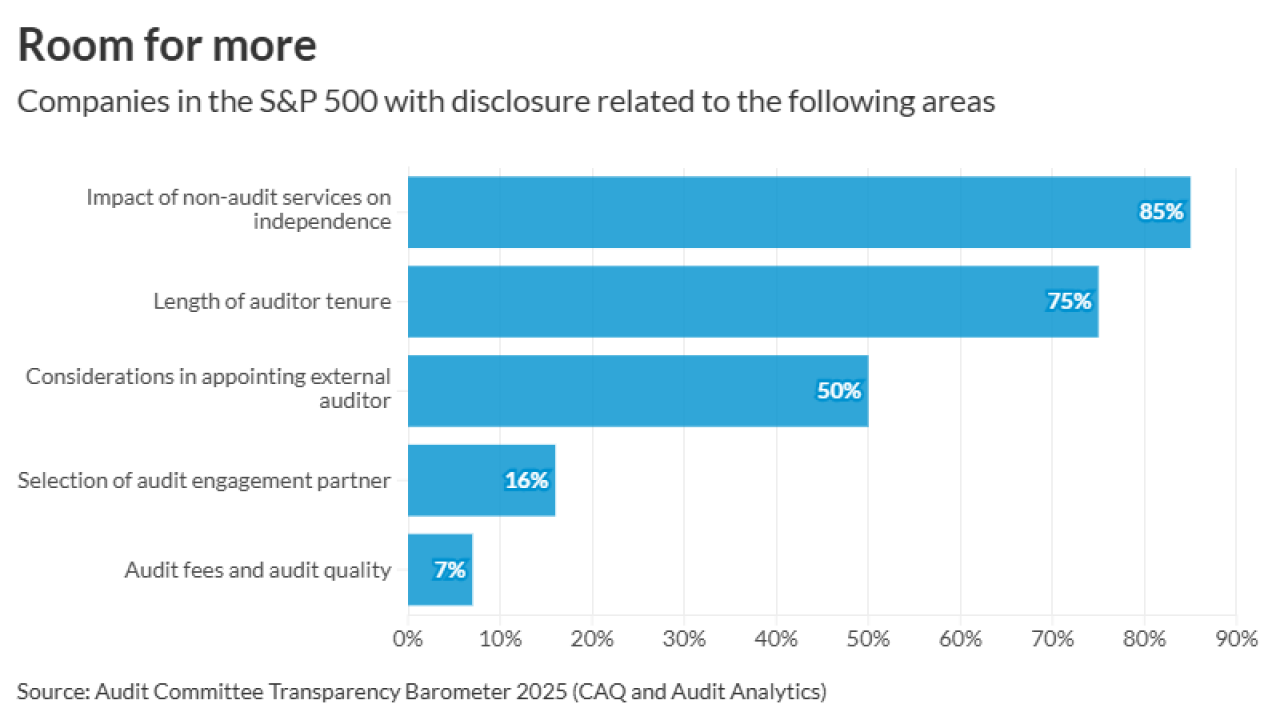The ink is hardly dry on President Donald Trump's $3.4 trillion tax and spending package and House Republicans are already at work on a follow-up budget bill coming this autumn.
House Budget Committee Chairman Jodey Arrington in an interview with Bloomberg said Republicans will seek deeper cuts to Medicaid, new spending reductions in Medicare and fix any errors inserted into the U.S. tax code by the "Big, Beautiful Bill."
"I think we will do one before the end of the year," Arrington said. "It's going to be a more targeted set of reforms."
The budget chairman said he sees the follow-on legislation as a chance to secure Medicare spending cuts he sought but couldn't win in the Trump tax and spending package. High among his goals, he said, is reducing reimbursements to hospitals through a site-neutral payment system that pays the same rate whether a procedure is done at a clinic or doctor's office.
"That's $150 billion in savings right there," Arrington said.
Speaker Mike Johnson promised ultraconservatives another chance to cut spending as he was wrangling votes for the Trump tax cut bill, which passed the House on a narrow 218-214 vote.
Arrington said conservatives are also looking to use the bill to punish states that fail to enforce existing laws against Medicaid benefits for undocumented immigrants.
Arrington said that he will also seek to cut the federal reimbursement rate to states for healthy, able-bodied adults added to Medicaid under President Barack Obama's Affordable Care Act. Conservatives sought to cut the reimbursement rates for those beneficiaries but were rebuffed by moderates in the party.
Under congressional budget rules, lawmakers can pass a budget reconciliation bill with tax, spending and debt provisions once per fiscal year. That bill can pass the Senate with just 51 votes, bypassing minority lawmakers, instead of the usual 60 votes needed to end a filibuster. The Trump mega-bill used the fiscal 2025 budget process to take advantage of this fast-track procedure. Arrington and the House GOP can use fiscal 2026 and fiscal 2027 budgets to pass sequels before the 2026 midterms.
Arrington said that he does not support using the procedure to bypass the normal appropriations process to fund regular agency budgets. That bipartisan process requires 60-votes in the Senate and forces compromise.
Ohio Republican Warren Davidson and members of the far-right Freedom Caucus have suggested using the reconciliation tool to enact cuts proposed by the Department of Government Efficiency task force created by former Trump ally Elon Musk.
The budget chairman said blowing up the traditional appropriations process would come to haunt Republicans when they are in the minority. A Democratic-majority Congress under a Democratic president would then be able to ram through annual spending bills without any Republican support.
"You have to be comfortable with the shoe on the other foot," he said.






